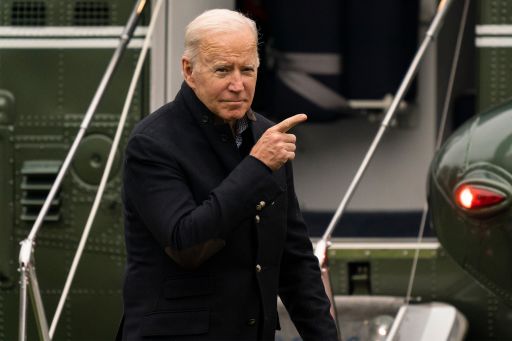This Day
BY REUBEN ABATI | abati1990@gmail.com
In a recent interview with Arise TV, the Attorney General of the Federation, Abubakar Malami, SAN had indicated that the Federal Government of Nigeria may consider a political solution to the matters involving Mazi Nnamdi Kanu, leader of the proscribed Indigenous Peoples Organisation of Biafra (IPOB) and Sunday Igboho, the self-determination, Yoruba Nation activist, currently in custody and on trial in Benin Republic. But only if an approach in that direction was proposed to the Federal Government. It is therefore not surprising that within two weeks after this declaration, a delegation of Igbo elders led by 93-year-old statesman, former Minister of Aviation in the First Republic, Chief Mbazulike Amaechi, the trade unionist known as “The Boy is Good”. Known as the Highly Respected Igbo Greats, the delegates included former Anambra State Governor, Chief Chukwuemeka Ezeife, Bishop Sunday Onuoha of the Methodist Church, former President of Aka Ikenga, Chief Goddy Uwazurike and Tagbo Amaechi.
Chief Mbazulike Amaechi, speaking on behalf of the Igbo Greats (representatives of Igbo Greats actually because there are so many of them across the globe), pleaded for amnesty for Nnamdi Kanu. This request must have been made in full knowledge of the fact that a political solution is indeed possible under the circumstances, as opposed to a strictly legal or authoritarian approach, and that whereas the former could result in healing, reconciliation, a sense of justice and accommodation, when in the past the Nigerian government relied on authoritarian and heavy hand choices, the country ended up paying a heavy price. Remember the trial and murder of Ken Saro Wiwa in November 1995. Against all counsel to the contrary, the Abacha military junta went ahead and killed Ken Saro Wiwa on November 10, 1995. Nigeria has not yet recovered from that error of judgment.
Decades after, the world continues to memorialize Ken Saro-Wiwa and the ideals for which he lived, fought, and for which he ultimately paid the supreme sacrifice – the rights of the Ogoni people to self-determination, their right of control over their own resources, and the need to sanction the abuse of the environment by the oil multinationals. In contrast, the men who ordered his death, those who danced on his grave are either dead or forgotten, their legacy a faint memory of shame, and evil. Saro-Wiwa was a champion of his people’s rights to be treated fairly and justly. He was President of the Movement for the Survival of the Ogoni People (MOSOP). The Nigerian state, like a colonial overlord, deployed divide and rule tactics among the Ogonis. Ken Saro-Wiwa was turned into the fall-guy and scapegoat in the unfolding spectacle of intra-fratricidal conflict. For those who remember history, this is a fairly, contemporary cautionary tale. Leaders who wish to avoid the mistakes of history must first appreciate the value of it not merely as narrative but as a source of learning and wisdom.
We are not in a position to teach history to President Buhari’s guests nor to the President himself who have all been major witnesses to Nigerian history and indeed architects of it, each in his own way. President Buhari’s response was loaded, rather cautiously, he gave nothing away. The best that the Igbo Greats went home with was the promise that he would consider their rather difficult request. Hear him: “You have made an extremely difficult demand on me as leader of this country. The implication of your request is very serious. In the last six years, since I became President, nobody would say I have confronted or interfered in the work of the judiciary…The demand you made is heavy, I will consider it…”
The meeting with the Igbo Greats on the matter of Nnamdi Kanu is perhaps the most noteworthy attempt in that regard so far. It was initiated…



